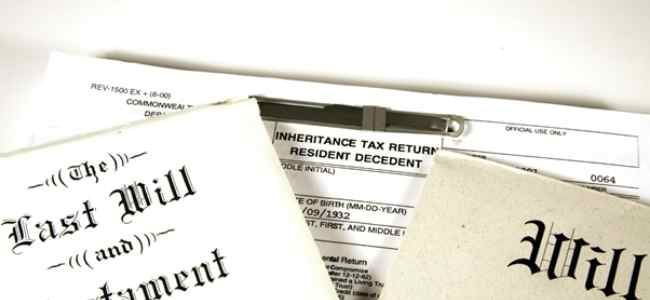Drawing up a will is one of those things that we know we have to do, but no one likes to think about. And because we don’t like to think about it, we tend to put it off, which is why according to one survey, 68% of Americans don’t have one.
Often, we reason that we’re still young and healthy, and we’ll have all the time in the world to make a will later. But even in our prime, it pays to prepare for the unforeseen.
Here are some points on why you need a will, and how to set about writing one. Keep reading to learn more.
Passing Away Intestate Can Have Serious Consequences
When a person passes away intestate, or without a will, there are downsides for everyone involved.
For the deceased, it falls to their survivors to make final arrangements for them. And without a will, the bereaved can only guess what their loved one would have wanted.
Intestacy laws will usually distribute any property to the deceased’s most immediate heirs, generally a surviving spouse or their descendants. But this isn’t always an ideal solution, particularly for the unmarried or people who may be estranged from members of their family.
Hence, everyone does need a will to ensure that their wishes are carried out to their satisfaction.
Sitting Down to Write a Will
The process of writing a will dates back to the English Wills Act of 1677 and has remained largely unchanged since then.
The testator, the author of the will, prescribes their final wishes and usually needs to sign the document in the presence of two witnesses who will themselves countersign the will to attest to its legitimacy.
When writing a will, here are some points to keep in mind:
1. Be Specific in Regards to Your Assets
Whether you’re talking about property holdings, a rare book collection, or a beloved train set, you want to specifically name each asset along with a designated recipient for it.
You don’t want to leave it to the executor of your will to interpret your words and hope they get it right. If it’s important enough to merit inclusion, be as specific as possible.
2. Select Your Beneficiaries
If you’re married, you might be content to leave everything to your spouse. But what will happen to your assets if neither of you is around?
That’s why you ideally want a couple of sets of beneficiaries. This includes the specific shares of your holding that you’ll leave to each person, as well as any charitable donations you want to leave behind.
3. Choose the Executor of Your Will
Your executor is the person who will read your will and carry out that your final wishes. This should be a person you trust implicitly, and who’s is level-headed enough to not let disgruntled relatives bully them.
Often, people will hire an attorney to be professional executors, paying their fees out of the estate’s funds. This is a good choice as you can trust them to be a neutral party and carry out your will as written and without any legal complications.
It’s Never Too Soon to Make A Will
No one likes to think about making their final arrangements. Especially if they still feel like they’re in their prime and won’t have to worry about them for a long time.
But the unfortunate fact is that none of us can see the future, and for the roughly 60% of Americans who will pass away without a will, that can create unforeseen problems.
That’s why you should make a will sooner rather than later. Once it’s signed and witnessed, you can be at ease that your final wishes will be observed and your survivors will be taken care of.
And having attended to your final arrangements, you can get on with living your life! And to live your best life, always remember to keep up with all of our latest health and lifestyle tips and news.


